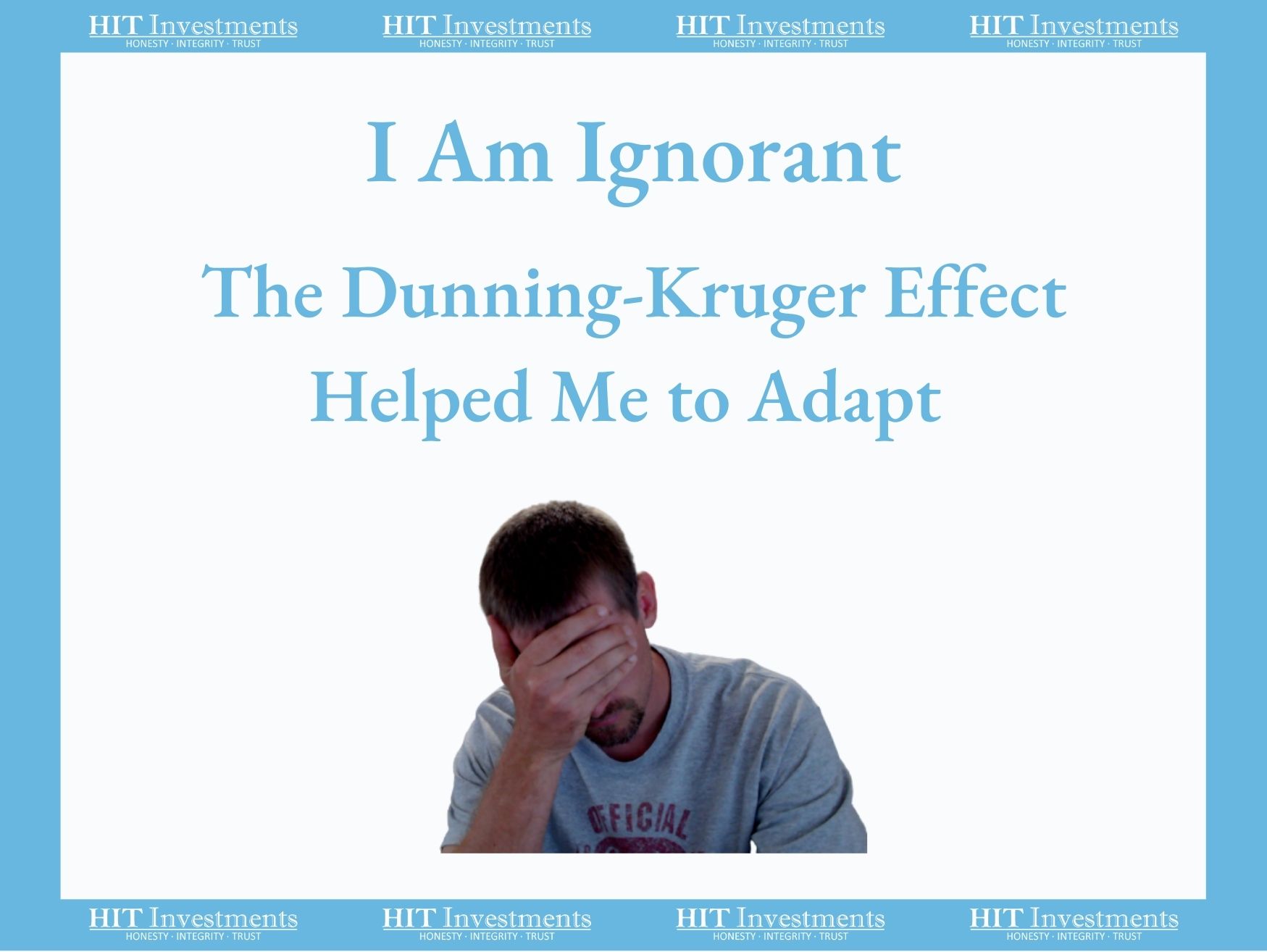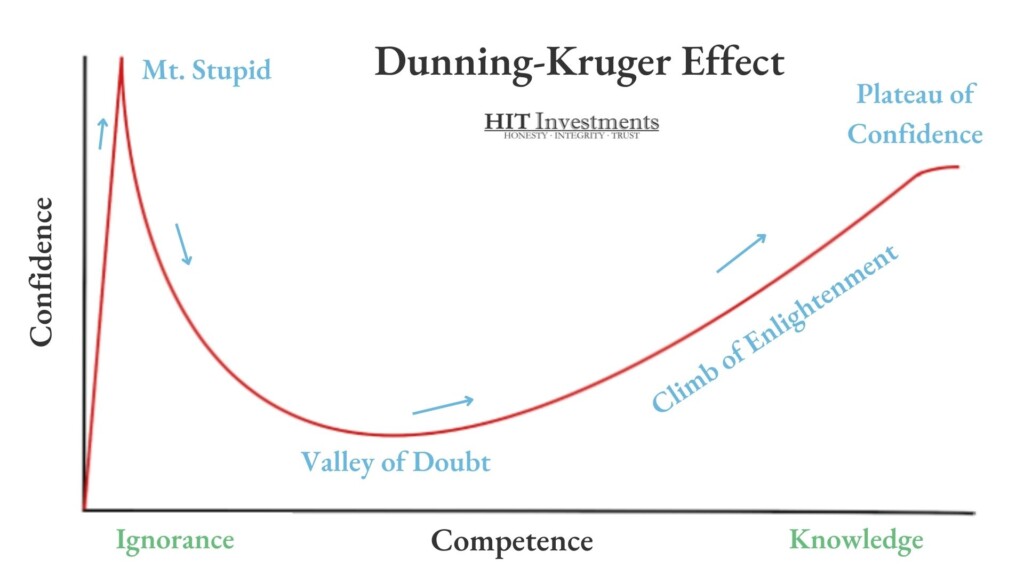A little over a year ago, if you would have asked me about a European war, I would have betted against you and in reality I did. I had multiple investments in Russian run businesses and today I have none. As information became more readily available, the unknown risk transitioned into a perceived risk and now has become our reality. How can we plan for future unknown unknowns like the war in Eastern Europe?
Acknowledgement
The first step is acknowledging that you don’t know everything. Our Society and culture help us out by humbling “know-it-alls” fairly quickly. But what about the things you think are right, that happen to be wrong, or the things you have never thought about?
I like to categorize my unknowns into two buckets because they have different causes, effects and antidotes:
- False convictions
- Total ignorance
False Convictions
False convictions are beliefs that turn out to be wrong. I thought palm trees were trees, until I learned they are gigantic herbs. I once preached we should all live by the golden rule, until my Uncle enlightened me of masochists. Or how about the story of creation, did it take 6 days or more than a billion years? Radiometric dating says the latter. I have had many false convictions and am sure I hold some today that still need correction.
The less we know about a subject the easier it is for us to create a false narrative and ultimately fall prey to a false conviction. The Dunning-Kruger Effect is a documented behavioral bias and characterizes our most vulnerable period to create false convictions as when we are on top of Mt. Stupid (see chart below). The chart depicts our track of learning in terms of confidence and competence. When we know just enough to be confident, but not enough to know how dangerous we are, we are most susceptible to make and share strong convictions, which may be false.
Total Ignorance
The second bucket of ignorance is total ignorance, the unknown unknowns. This bucket is full of the information we don’t have, haven’t experienced, or haven’t thought about. We can all acknowledge that we are not all knowing. It is what we do with that realization that is important.
Adaptation
We adapt, which means we learn, we adjust, and we act. If we were to wait until we had all the knowledge or could test our beliefs first hand, we would be paralyzed. To help with this process we need to allow ourselves to adapt more quickly by staying humble, learning from others, failing small and fast, and ultimately keeping an open mind.
An example of improving our adaptation process is learning to distinguish those of which are on Mt Stupid (ourselves included) and full of false convictions and those who are competent but lack confidence. Who would you rather learn from? Should you listen to politicians, media, and friends who speak the loudest and on all topics, or the quiet person reading, learning, listening and questioning everything.
If you are as ignorant as myself (super ignorant), you may enjoy the next post with 10 more tips on turning your ignorance and future unknown events into opportunities and windfalls.




Leave A Comment